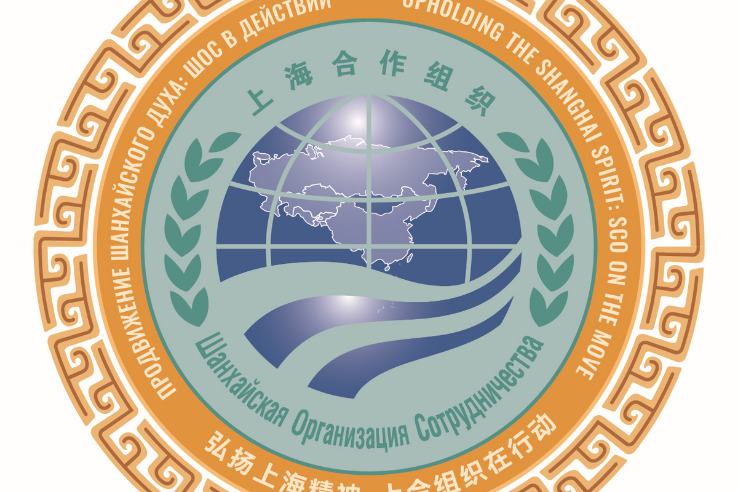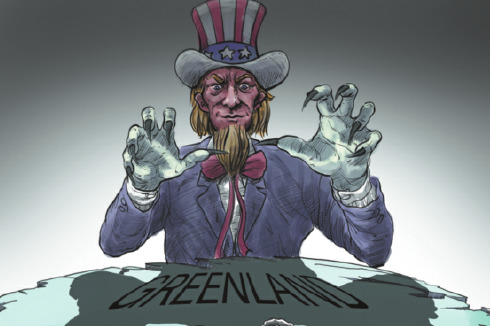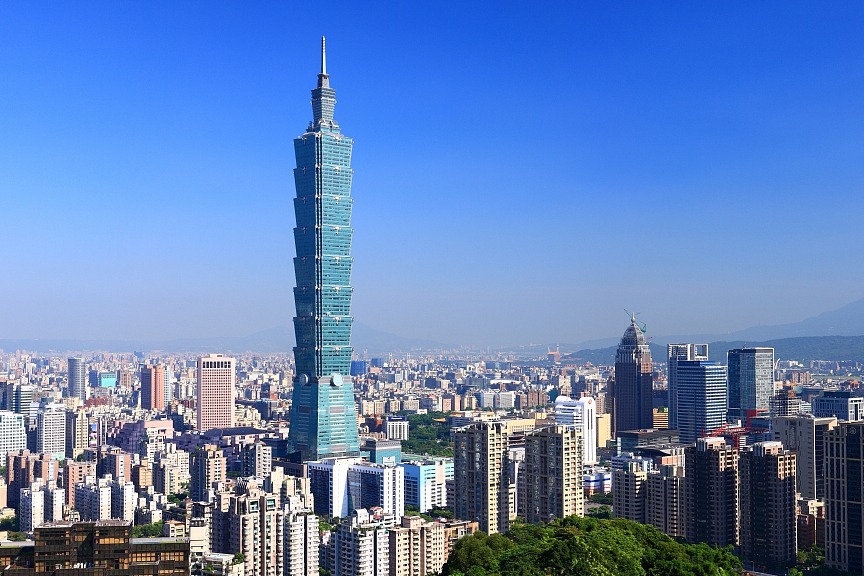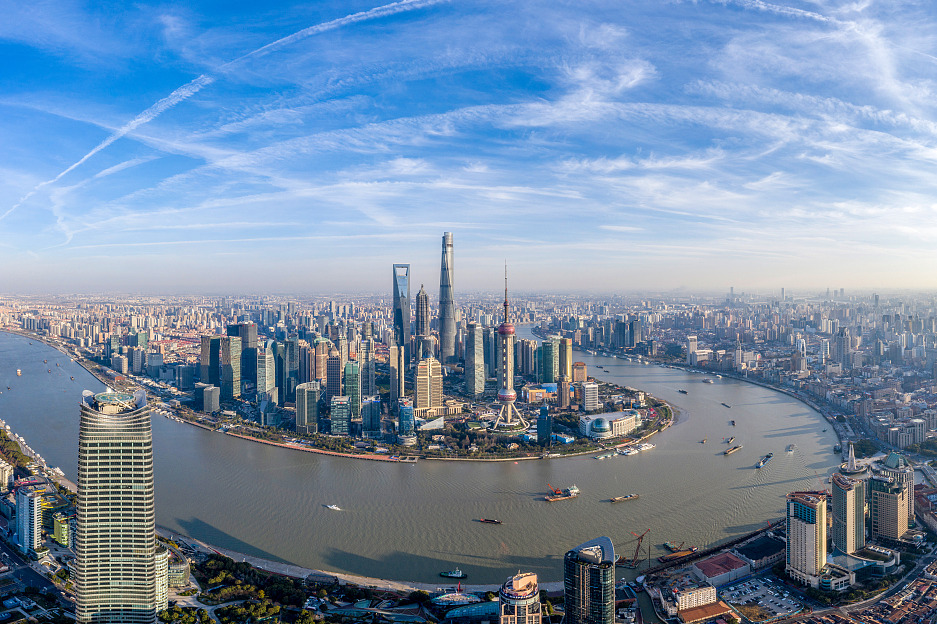US power transition test of resolve for Japan to repair ties with China

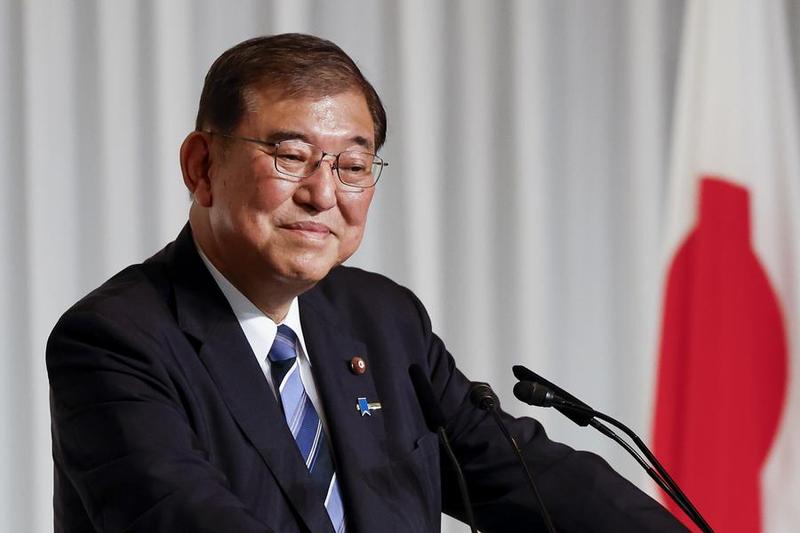
While meeting with Hiroshi Moriyama, secretary-general of the Liberal Democratic Party, and Makoto Nishida, secretary-general of the Komeito Party, at the Prime Minister's Office on Thursday, Japanese Prime Minister Shigeru Ishiba expressed his hope of "continuing exchanges between Japan and China at various levels" and reiterated his desire for an early visit to China, as reported by The Nikkei.
At the invitation of Beijing, Moriyama and Nishida are leading a delegation from Japan's ruling coalition to visit China from Monday to Wednesday, where the two sides plan to hold the ninth meeting of the China-Japan Ruling Party Exchange Mechanism, marking the first such gathering of the mechanism in seven years.
Ishiba's eagerness to visit China reflects the strong momentum of warming relations between China and Japan. On Dec 25, the two nations' foreign ministers reached a 10-point consensus at the second meeting of a high-level consultation mechanism on people-to-people and cultural exchanges between China and Japan in Beijing.
And the resumption of the China-Japan Ruling Party Exchange Mechanism after a seven-year hiatus itself indicates the positive development trend in Sino-Japanese relations.
Japan has always been a very important partner for the United States in Asia and has been highly dependent on the US for a long time. However, with the rise of US trade protectionism, especially since the election of Donald Trump who has said he will impose tariffs on global commodities, impacting Japan's economic interests, Japan urgently needs to expand its diplomatic space, making cooperation with China an important hedging strategy.
Last week, Japanese media reported that due to the upcoming review of the annual budget in the congress, Ishiba would be unable to visit the United States before President-elect Trump's inauguration
While there are signs of improvement in Sino-Japanese relations, factors affecting the development of bilateral relations are not easy to grasp. This summer, Japan will hold elections for the Tokyo Metropolitan Assembly and the House of Councillors.
Whether Ishiba can lead the Liberal Democratic Party to win these two elections will directly determine whether he can continue to govern stably. If Ishiba has to step down, it would not only mean an interruption in Japan's current relatively proactive policy toward China but also signify more uncertainty in Sino-Japanese relations.
Moreover, the US is an important ally of Japan, and adjustments in the US government's policy toward China often influence Japan's policy toward China. With the beginning of Trump's second term, the US is bound to intensify its pressure on China in the economic, trade, and technology fields, though probably in a different manner.
Whether the Ishiba administration can maintain its current stance on China and avoid choosing sides between China and the US will be a significant test for Sino-Japanese relations.
Cooperation between China and Japan benefits both, and it is hoped that both countries have enough wisdom and strategic resolve to continue moving forward on the path of friendship.






















